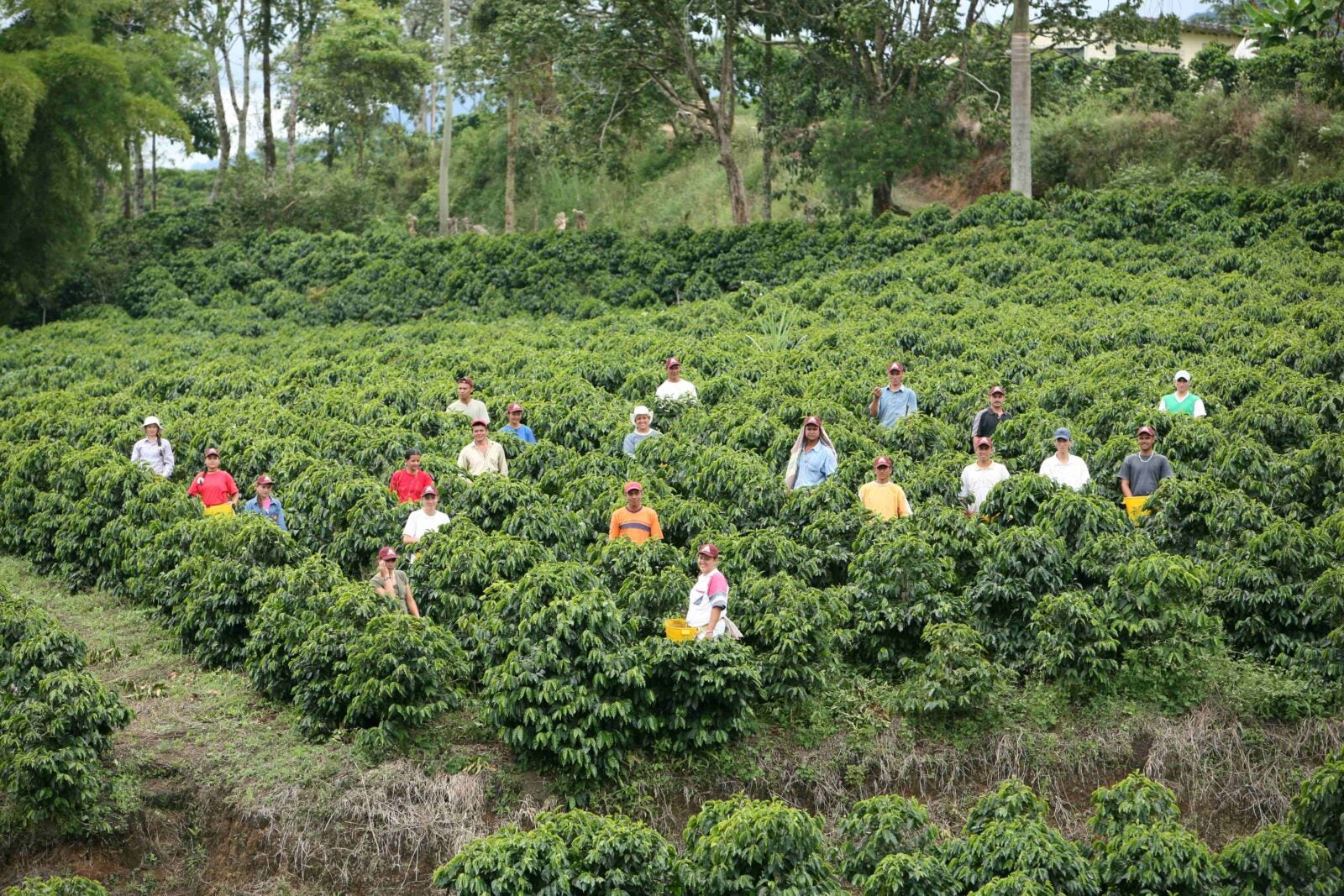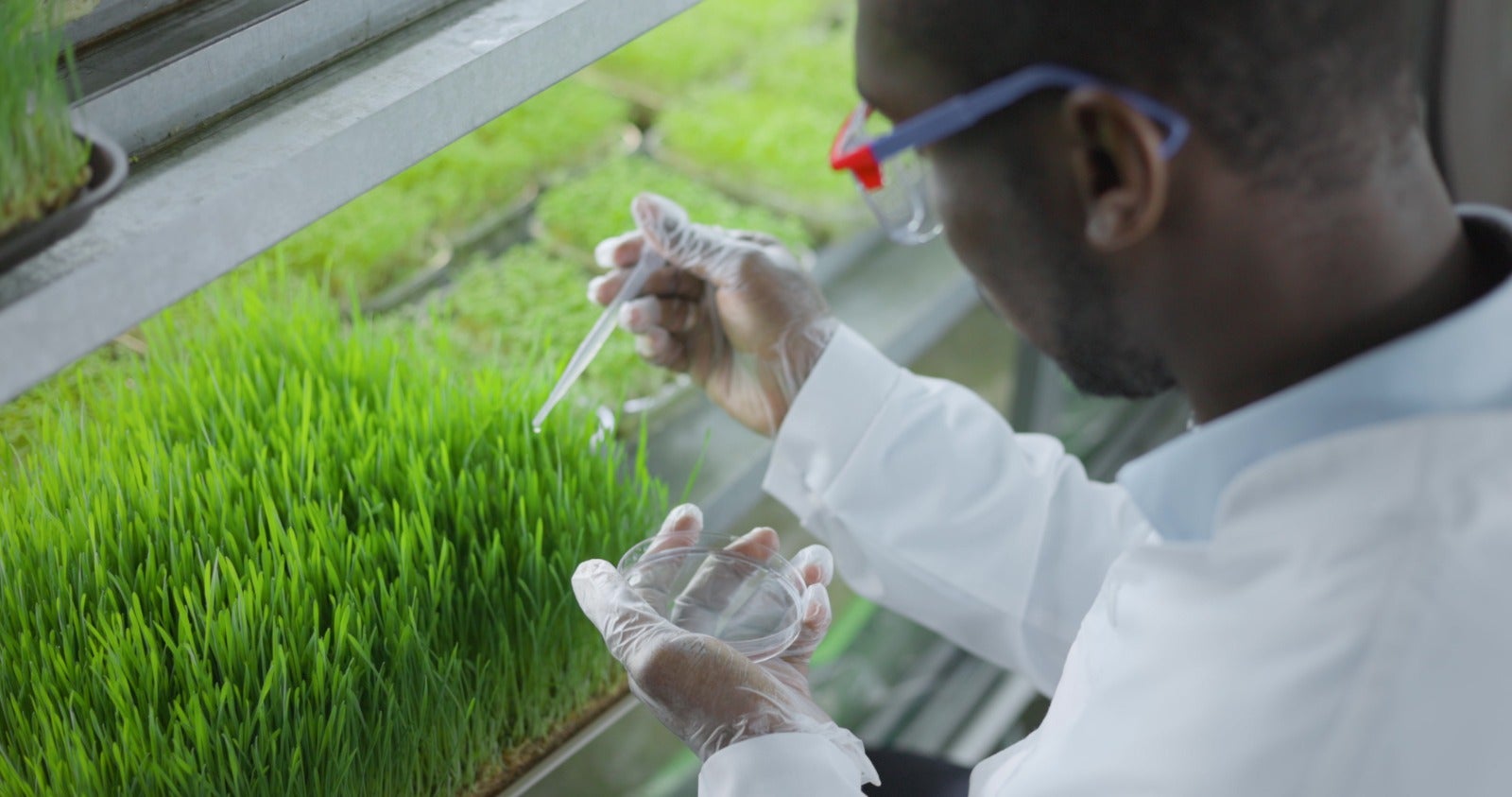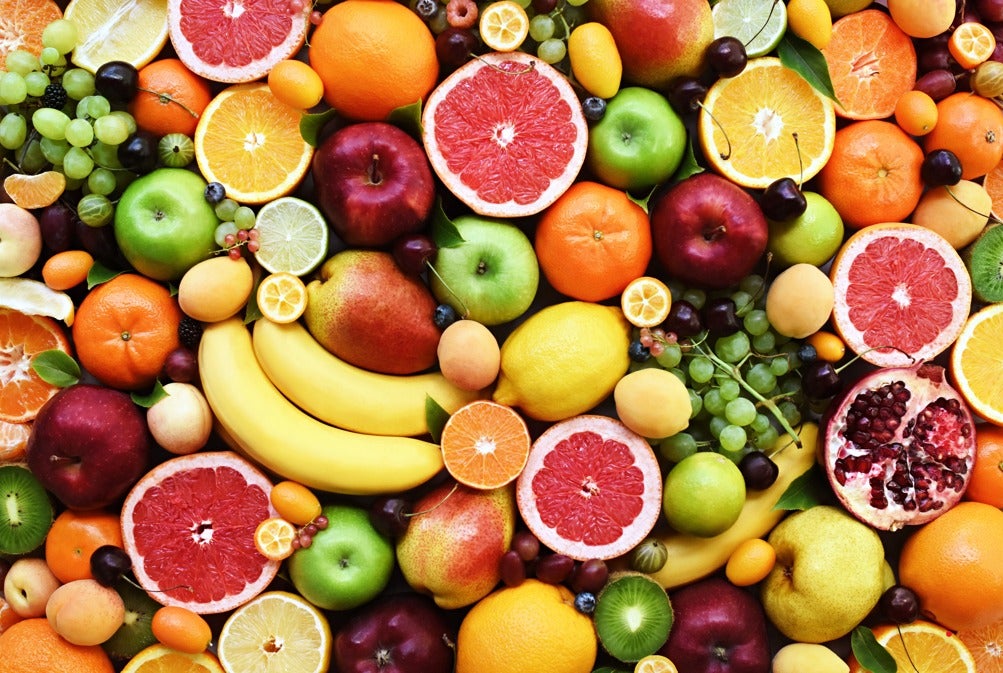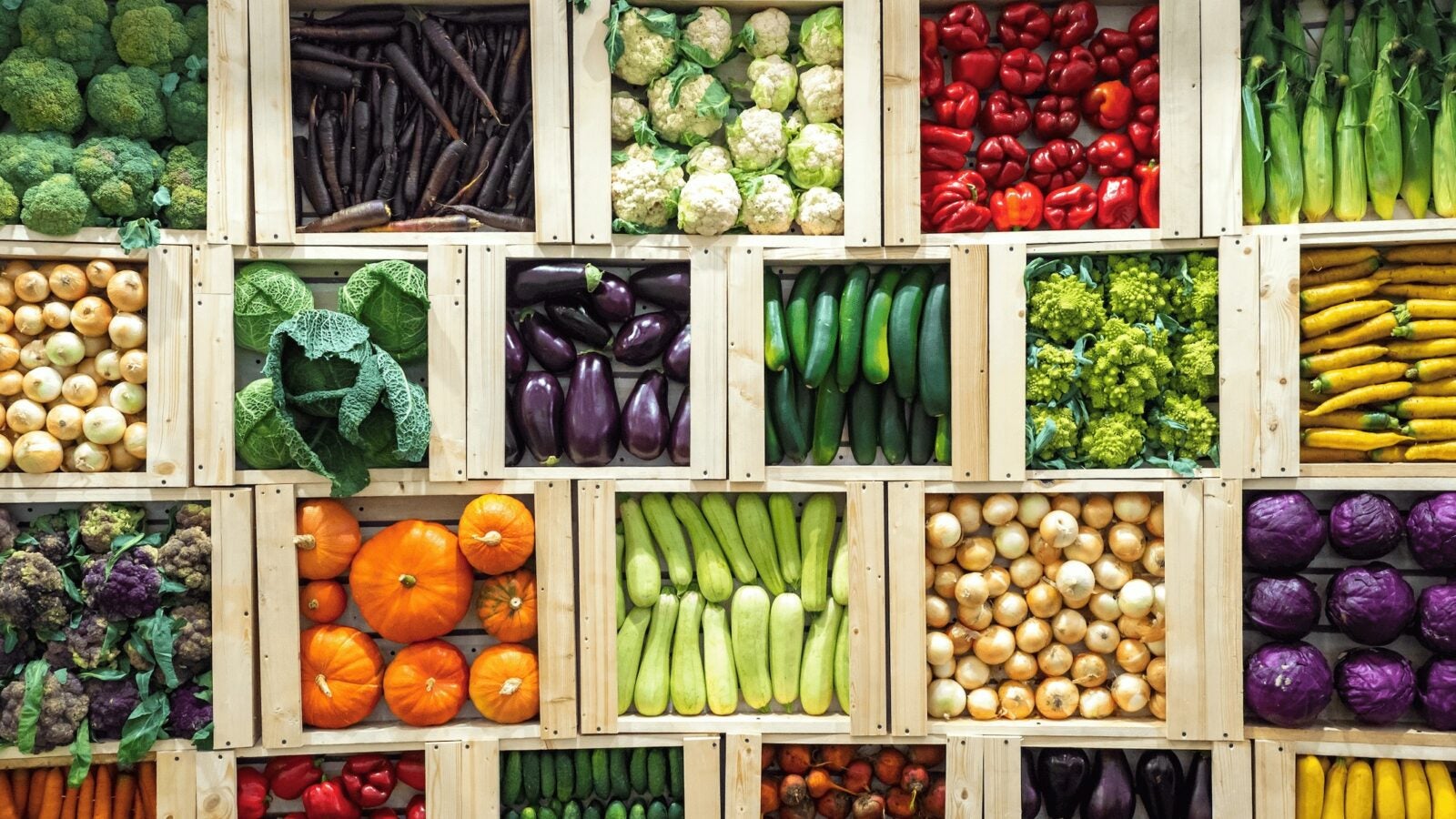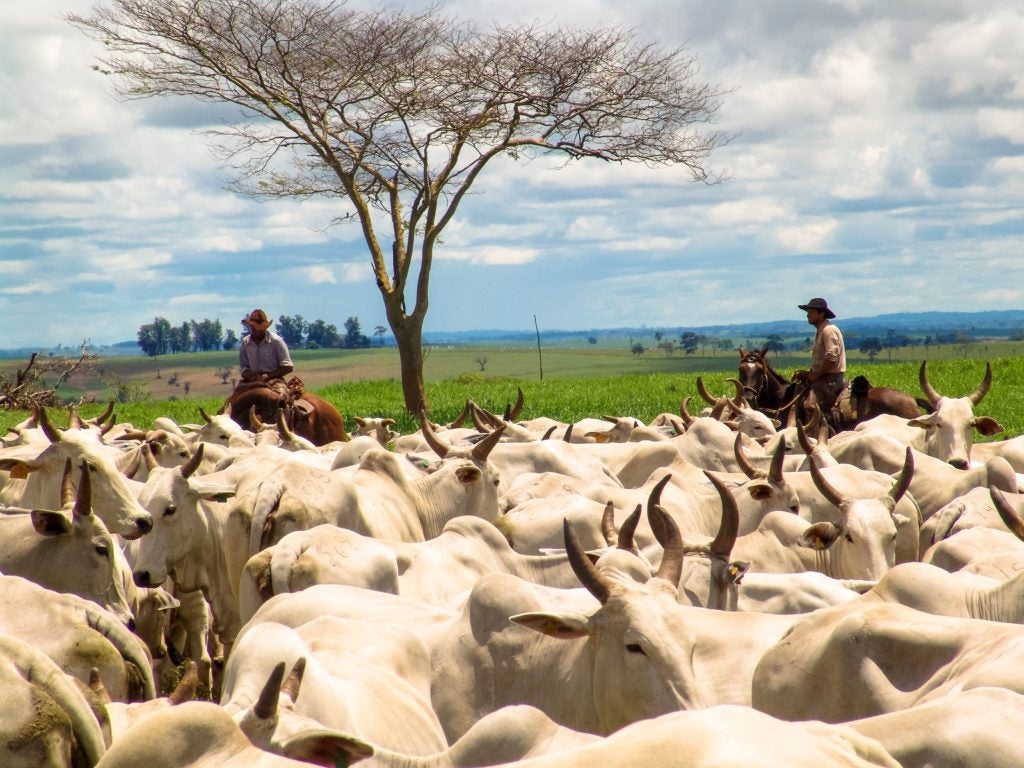Since 2014, the Inter-American Development Bank (IDB), through the Agrimonitor initiative, has systematically analyzed agricultural public policies in the region, using the Producer Support Estimate methodology developed by the Organization for Economic Cooperation and Development (OECD). This methodology allows for international comparisons of the different types and levels of … [Read more...] about World Agriculture Day: How and How Much Do Countries in the Region Support the Agricultural Sector?
Are the Agricultural R&D Systems in the Region Prepared to Face the Challenges of Agriculture?
The agri-food sector is critical for achieving various Sustainable Development Goals (SDGs), such as zero hunger (SDG2) and poverty eradication (SDG1), as well as those related to environmental sustainability and equity (FAO). Therefore, it needs to increase its productive capacity to feed a growing population sustainably and inclusively, providing the quantity and variety of … [Read more...] about Are the Agricultural R&D Systems in the Region Prepared to Face the Challenges of Agriculture?
World Food Safety Day: Towards Safe Food for All
Food safety is the absence of chemical and/or biological toxins in food that can affect consumer health. Only safe foods meet dietary needs and contribute to active and healthy lives for all individuals. However, each year, over 400,000 deaths are caused by foodborne illnesses (WHO, 2023). Foodborne illnesses have been recognized as a significant public health issue in the … [Read more...] about World Food Safety Day: Towards Safe Food for All
How the War between Russia and Ukraine Might Affect Your Dinner in Latin America and the Caribbean
Agricultural commodity prices have been very volatile since the early 2000s, peaking in 2008, then declining sharply until 2010 before starting to rise again (i). In 2012, prices reached a new peak caused by a historic drought in the United States, but then remained low over 2015–2019, a period that also saw a restocking of inventories of soybean, wheat, and corn. In stark … [Read more...] about How the War between Russia and Ukraine Might Affect Your Dinner in Latin America and the Caribbean
Sustainable livestock farming: the challenge of reducing pollution by increasing productivity
Emerging countries show an important role in the expansion of beef production. Between 2000-2007, the share of beef production in emerging economies increased by 7.9%, led by India (4.0%), Latin America (2.9%) and China (1.8%). This increase occurs in a context where consumption has been growing, a trend that is expected to continue in the coming years. However, much has been … [Read more...] about Sustainable livestock farming: the challenge of reducing pollution by increasing productivity

